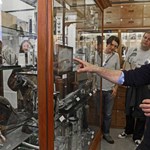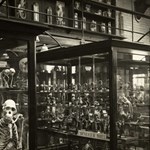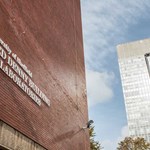

The museum is a valuable resource for undergraduate teaching in biodiversity and evolution. Students study taxonomic features on real life specimens to support their understanding of classification, adaptation and core principles of biological science.





